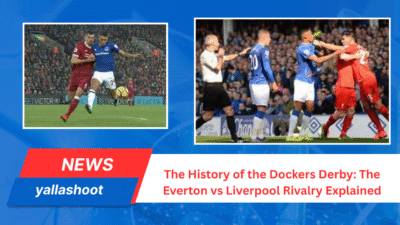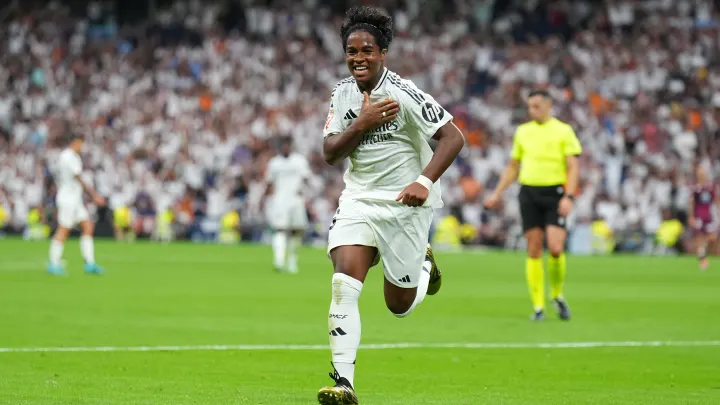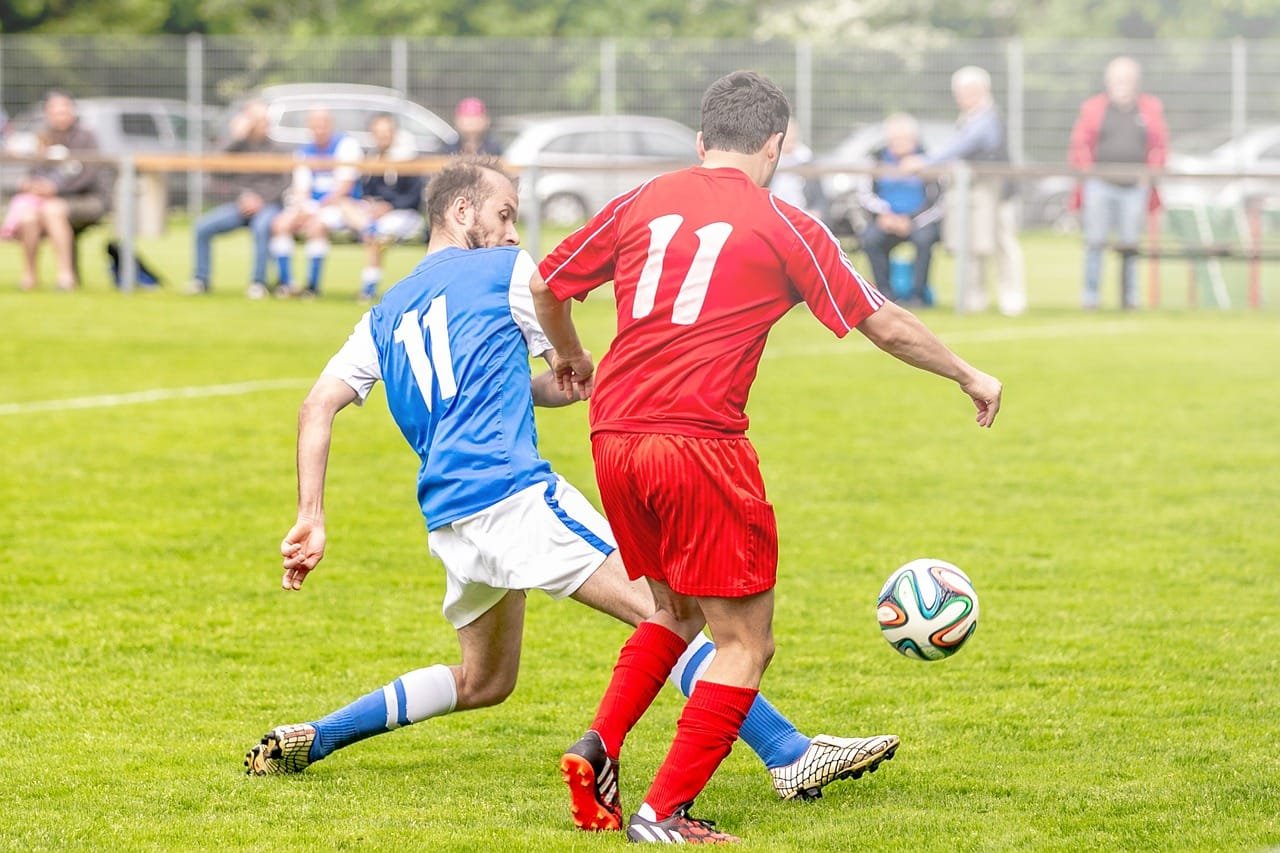Community Shield a Real Trophy — or simply a glorified friendly? This question has stirred endless debate among football fans, pundits, and even players. Every August, when the Premier League champion meets the FA Cup winner, the football world pauses for this clash. But is it really silverware worth celebrating, or just a ceremonial curtain-raiser?
For many supporters, lifting any cup matters, because football is about pride, prestige, and competition. Yet others argue that the Community Shield falls short of being a true achievement. They see it as a one-off exhibition, a match with limited weight in a club’s history. Such debates reflect the very essence of how we define glory in sports.
Understanding the roots of this discussion requires a closer look at the history of the trophy, its traditions, and how football culture frames its value. Is it closer to a respected super cup like in Italy or Spain, or is it a minor event that only boosts morale for the season ahead? This article unpacks the story and offers a clear answer to whether the Community Shield should count as a real trophy.
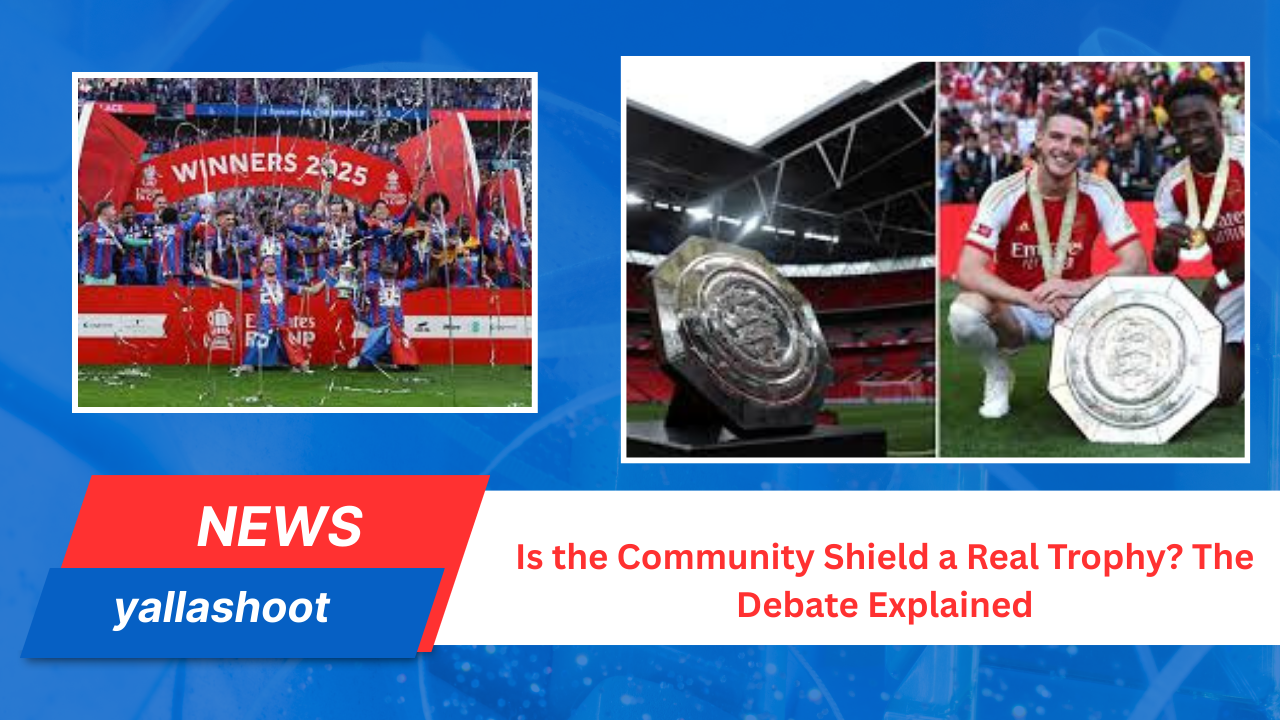
The Origins of the Community Shield
From Charity Matches to National Fixture
The competition began in 1908, evolving from the Sheriff of London Charity Shield. Its main purpose was fundraising for charities and football development, giving it a noble identity beyond the pitch. Over time, it grew into an annual showdown between the best of English football.
A Fixture of Prestige
While originally a charity event, the Community Shield became the symbolic start of the football calendar. Just like the Spanish Supercopa or Italian Supercoppa, it matched champions against cup winners. This positioning gave it a level of prestige, though many fans remain divided on whether prestige equals genuine glory.
Is the Community Shield a Major Trophy or Just a Friendly?
The phrase is the community shield a major trophy often appears in heated discussions. Supporters of big clubs argue that while it is official, it cannot be compared to the Premier League, FA Cup, or Champions League. Others feel that dismissing it undervalues the hard work required to reach it.
Supporters’ view: Any silverware counts as recognition
Critics’ view: It is nothing more than a glorified friendly
Reality: It lies in the middle, carrying historical respect but not equal to major honors
A Trophy with a Charitable Purpose
Beyond football, the Shield has always carried charity as its backbone. The proceeds go to community initiatives, underlining that it is not just about winning. In a way, this gives it an identity different from other competitions.
Cultural Value of the Community Shield
Fans and Atmosphere
Crowds gather in Wembley with the same passion they show for any cup final. The tifo displays seen in major fixtures mirror the same energy fans bring to this curtain-raiser.
Players’ Perspective
For new signings or young players, the Shield is often their first chance to win silverware in England. This gives the match significance beyond its label.
Comparisons with Other National Super Cups
| Country | Equivalent Super Cup | Prestige Compared to Shield |
|---|---|---|
| Spain | Supercopa de España | More competitive, often a mini tournament |
| Italy | Supercoppa Italiana | Similar format, often seen as a real trophy |
| France | Trophée des Champions | Celebrated as a season opener |
| England | FA Community Shield | Viewed with mixed respect |
This table shows that in other football cultures, such super cups are treated more seriously, hinting that English fans may underestimate its value.
Lessons from Club Identity and Tradition
Clubs often treat trophies as part of their wider identity. Take Athletic Bilbao, for instance, where their club identity is built around a unique Basque-only recruitment policy. Similarly, the Community Shield, though not always viewed as major, reflects a tradition embedded in English football’s culture.
The Tactical Showcase Factor
Every Community Shield game offers coaches a chance to test new systems and lineups. Much like the tactical passing technique of Trent Alexander-Arnold, managers use this stage to experiment and showcase evolving strategies. This makes it tactically valuable, even if some dismiss it competitively.
Historical Figures and Legendary Performances
Over the years, legends like Eric Cantona, Thierry Henry, and Didier Drogba have delivered memorable Community Shield performances. Their brilliance in this fixture strengthens the argument that it is more than just a friendly.
The Debate Among Fans and Experts
The Community Shield debate is fueled by:
Historical respect vs modern dismissiveness
Charitable purpose vs competitive meaning
Prestigious opponents vs preseason timing
Much like the role of a deep-lying playmaker, its value is subtle — not always obvious, but deeply important to those who appreciate the game’s nuances.
Final Verdict: Is the Community Shield a Real Trophy?
The answer lies in balance. Yes, it is a real trophy with official recognition and historical weight. No, it is not on the same level as a Premier League or FA Cup. It exists in a unique space — a mix of competition, tradition, and charity.
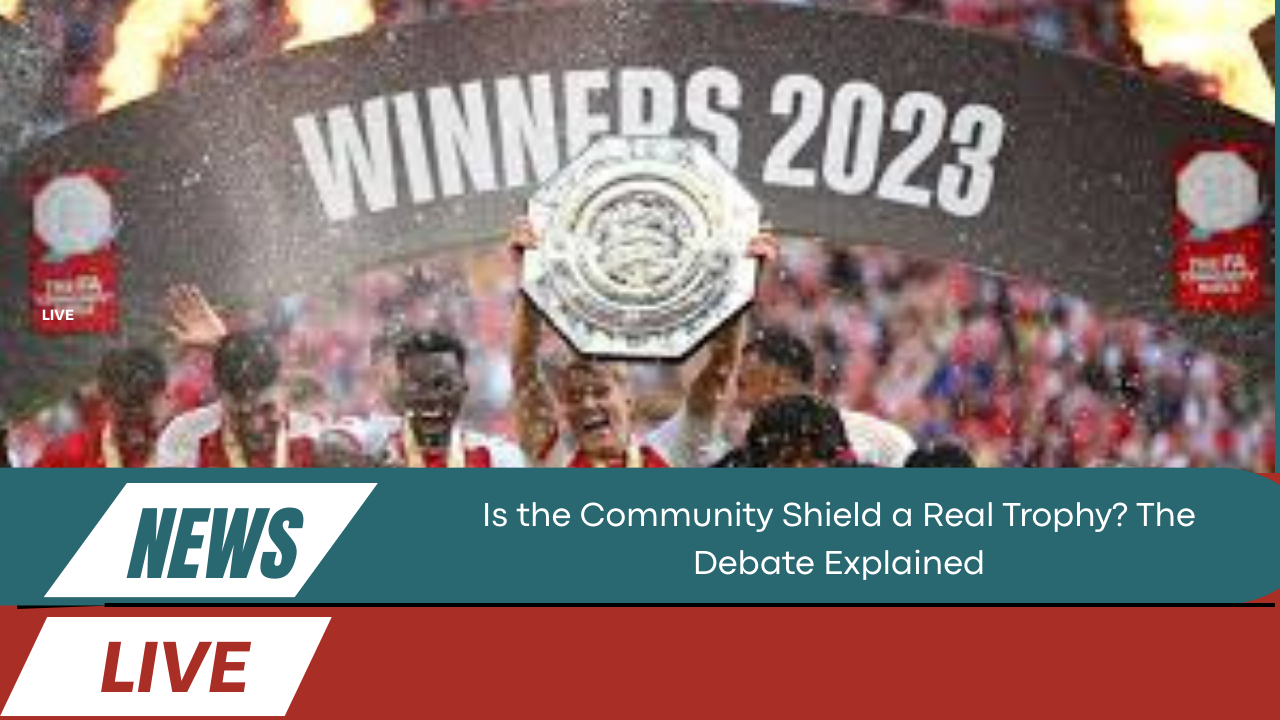
Frequently Asked Questions (FAQ)
Q1: Is the Community Shield a Real Trophy?
Yes, it is officially recognized by the FA, though it is often not ranked among the major trophies.
Q2: Why is it called a glorified friendly?
Because it is played before the season starts, many see it as a warm-up match rather than a competitive cup final.
Q3: Who competes in the Community Shield?
Traditionally, the Premier League champion faces the FA Cup winner. If a club wins both, the league runner-up plays.
Q4: Does winning the Community Shield count in trophy totals?
Yes, clubs officially count it, though it is often separated from major honors.
Q5: How does it compare to other countries’ super cups?
In nations like Italy and Spain, equivalent super cups are celebrated as significant honors, while in England debate continues over its status.
Conclusion
The Community Shield carries a dual identity. It is both a symbolic trophy and a charitable event. While some dismiss it as a glorified friendly, others embrace it as a chance to celebrate football’s traditions. Like many aspects of the game, its importance lies not in the silverware alone, but in the meaning fans, players, and history attach to it.






